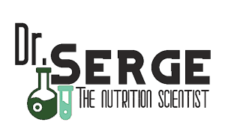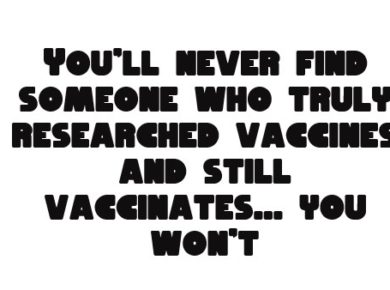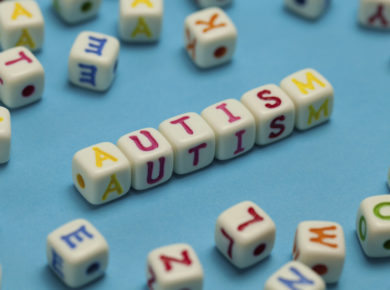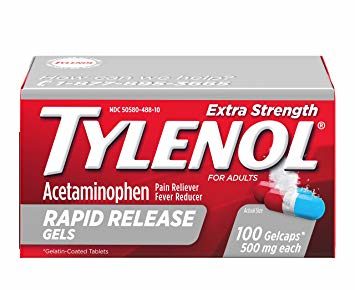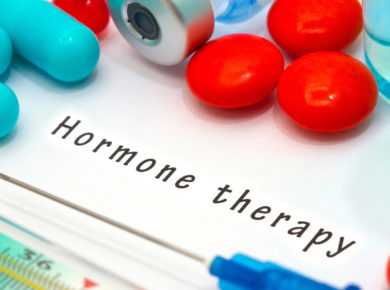There is no question that COVID19 has fundamentally changed our lives, most likely forever.
Many have become ill.
Some have lost friends or family members.
Millions have lost their jobs and their livelihoods.
Some are experiencing ongoing, debilitating symptoms months after they’ve recovered from the acute phase of COVID19, which is something that the medical community does not fully understand yet.
One of the significant consequences of this epidemic is stress/depression/anxiety.
A new study just published in JAMA Network Open illustrates the toll that COVID19 has taken on our mental health in the United States.
“Prevalence of Depression Symptoms in US Adults Before and During the COVID19 Pandemic.”
The researchers found:
“depression symptom prevalence was more than 3-fold higher during the COVID19 pandemic than before.”
“Lower income, having less than $5000 in savings, and having exposure to more stressors were associated with greater risk of depression symptoms during COVID19.”
The authors of the study found that COVID19 has tripled the rate of depression across all demographic groups.
It is interesting to note that this rise in depression is significantly higher than what was observed after previous traumatic events like the 9/11 attacks.
I personally know people who could no longer handle the pressure and loneliness of this of this epidemic and they terminated their lives…
Very sad situation that we are having right now as a consequence of all those guidelines and restrictions.
About 10% of the population in the US suffers from depression.
The feeling of being sad, lonely, or depressed at times can be overwhelming and debilitating if they last for a long period of time. They can keep from leading a normal, active live.
People who suffer from depression can experience a variety of symptoms such as trouble concentrating, remembering details, and making decisions, fatigue, feelings of guilt, worthlessness, and helplessness, pessimism, insomnia, irritability, restlessness, loss of interest in life, appetite loss/overeating, digestive issues, anxiety, and suicidal thoughts.
But there is good news!
Several studies have shed some light on how to tackle this condition naturally.
Depression is an inflammatory disease. Science has shown that depression is driven by inflammation in the body, meaning that in order to handle depression, we need to address the inflammatory process.
Inflammation is the immune system’s natural response to infection or disease. The body often uses inflammation to protect itself, such as when an ankle is sprained and becomes inflamed, and the same principle also applies to the brain. However, too much inflammation is unhelpful and can be damaging.
What causes too much inflammation? There are 4 major factors:
- Sugar. Sugar, particularly in the form of fructose and sucrose, spikes insulin and triggers the release of inflammatory cytokines. It forms advanced glycation end products when it binds to proteins and oxidizes lipids, which form cell and mitochondrial membranes.
- Chemicals. Pesticides, environmental pollution from industrial waste, hormonally-modulating plastics, fire retardants, and cosmetic additives all stimulate our immune systems to various extents and disrupt the optimal production of energy on a cellular level, particularly in vulnerable tissues like the thyroid.
- Pathogens. The aforementioned culprits, and notably herbicides, gluten grains, and genetically modified foods, promote intestinal permeability, changes in our intestinal flora that facilitate the growth of pathogenic bacteria, yeast, and fungus, which keep our immune systems in a state of alarm
- Stress. This catch-all term, broadly defined, represents the ultimate link between hormones and inflammation, because stress, whether it’s psychological or physiologic, triggers the release of cortisol. Cortisol helps to mobilize blood sugar so that you can run effectively and efficiently from that tiger chasing you. It also acts as a systemic immune suppressant, lowering levels of secretory IgA, an important bodyguard of the gut mucosa.
Now that we know what factors cause depression let’s look at what we can do to help win this battle! Below are some of my recommendations that have been shown to help to curb depression:
- Exercise – Burst exercise is my primary recommendation. It is the most bang for your buck in terms of cardiovascular benefit and specifically enhancing mitochondrial health because it puts a special kind of stress on the body when you move to your max for 30 seconds that then recover for 90. I recommend 8 intervals 1-3x/week.
- Meditation – The effects of stimulating the relaxation of the nervous system, even just listening to a 20-minute guided meditation, can be far-reaching. Enhanced genomic expression of anti-inflammatory genes and suppression of inflammatory ones was demonstrated
- Diet – I recommend a diet that controls for glycemic fluctuations through the elimination of refined carbs and grains, and through high levels of natural fats to push the body to relearn how to use fats for fuel. This is the brain’s preferred source. Good quality fats are eggs, coconut oil, avocado, nuts, olive oil, bacon, and good quality meats and dairy products (organic, grass-fed, pasture-raised)
- Strategic supplementation – A proper detox is required to help your body to eliminate the toxins we are exposed to. Besides, some herbs like Pau D’arco, Wormwood, cat’s claw, Ganoderma, etc. could be used to get rid of parasites, candida, or any other pathogens. Natural anti-inflammatories like polyunsaturated fats (evening primrose oil and fish oil), curcumin (the active component of turmeric), probiotics, CBD, to name a few, can help promote a synergy of beneficial effects from the above interventions.
Deuteronomy 31:8
“The LORD himself goes before you and will be with you; he will never leave you nor forsake you. Do not be afraid; do not be discouraged.”
God bless y’all 😊
Dr. Serge
